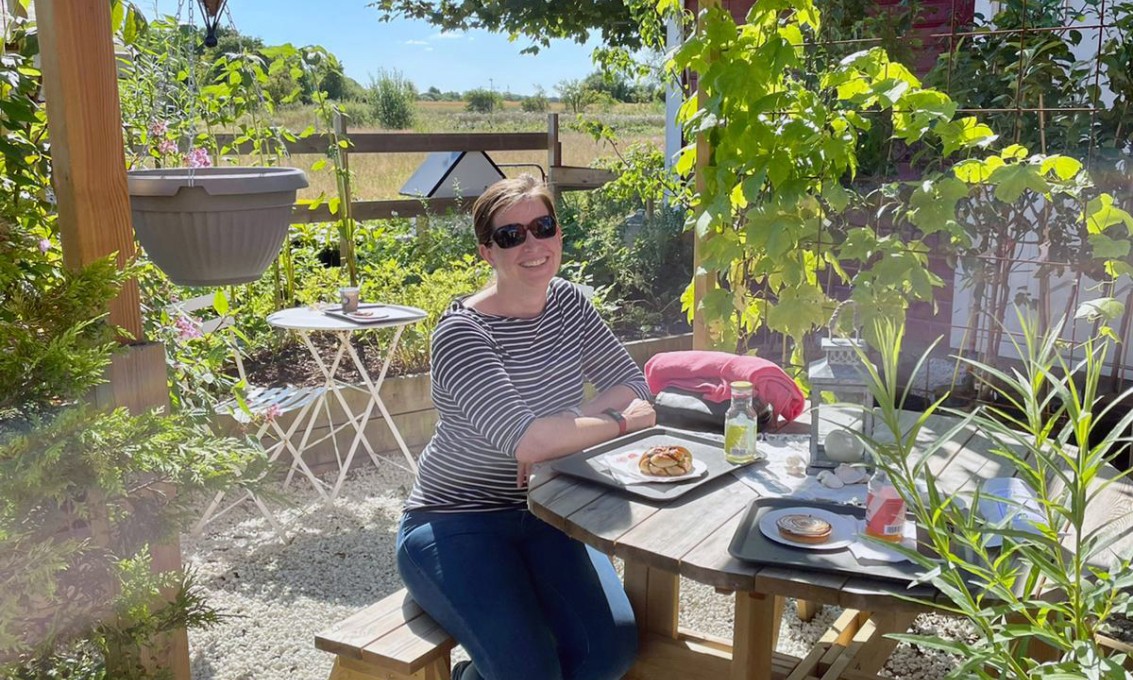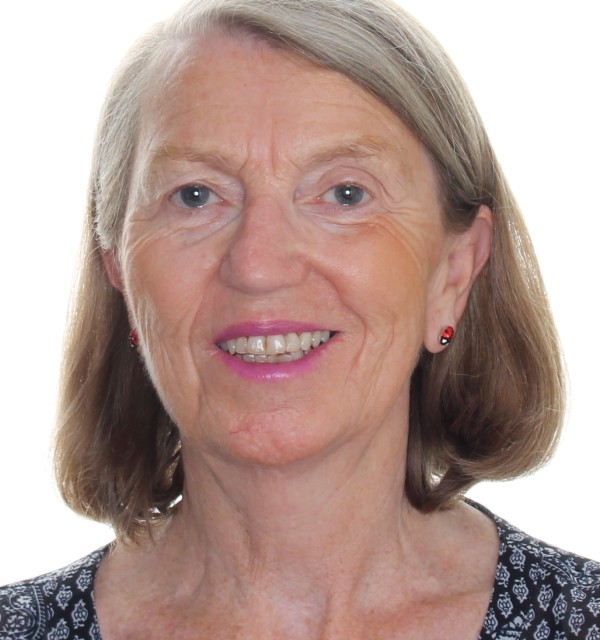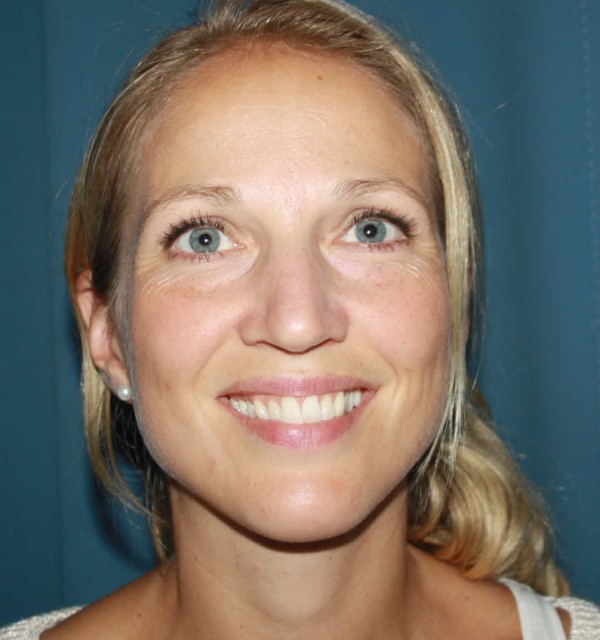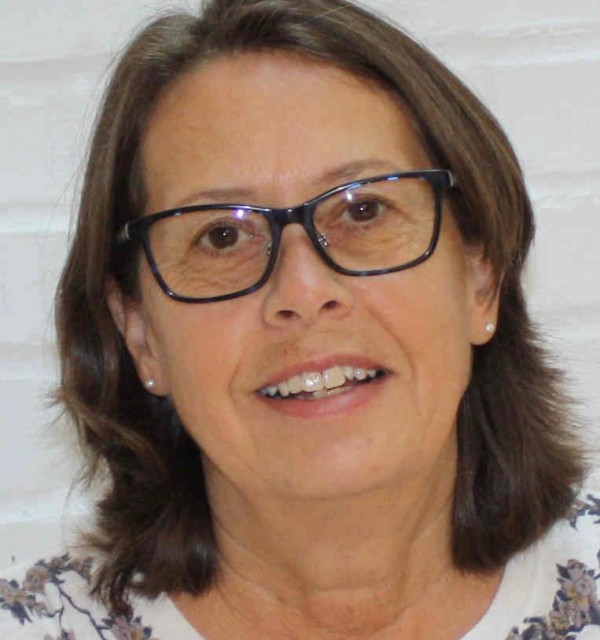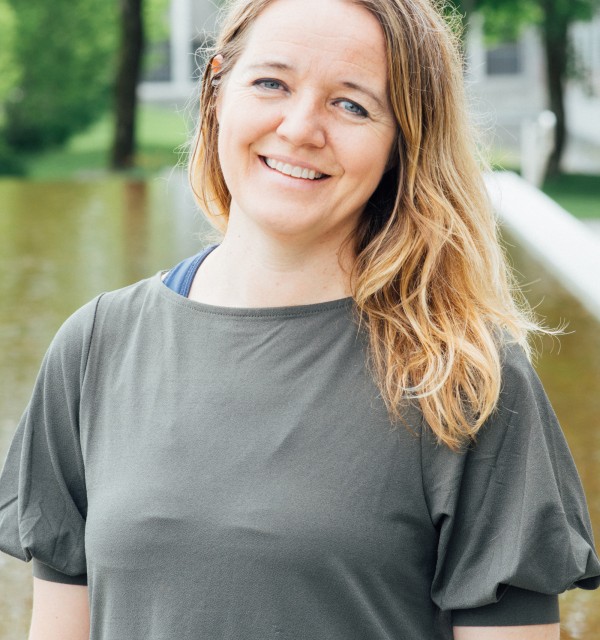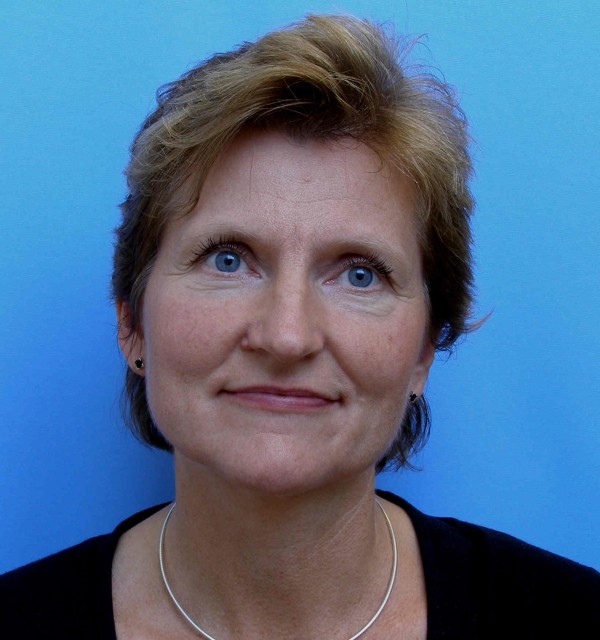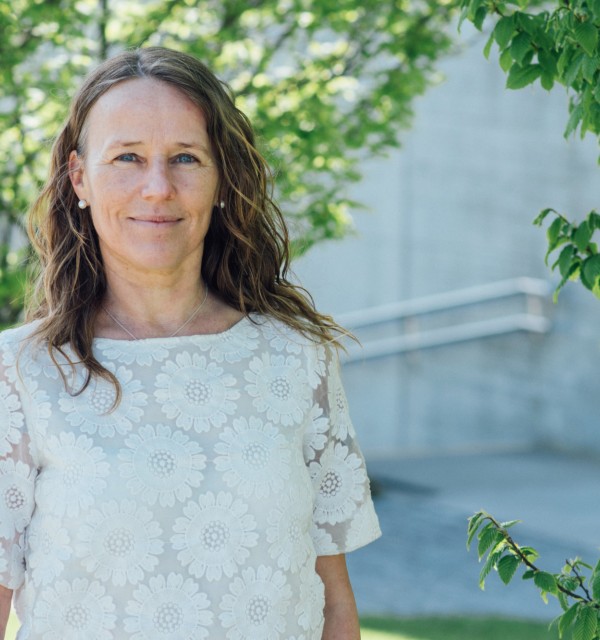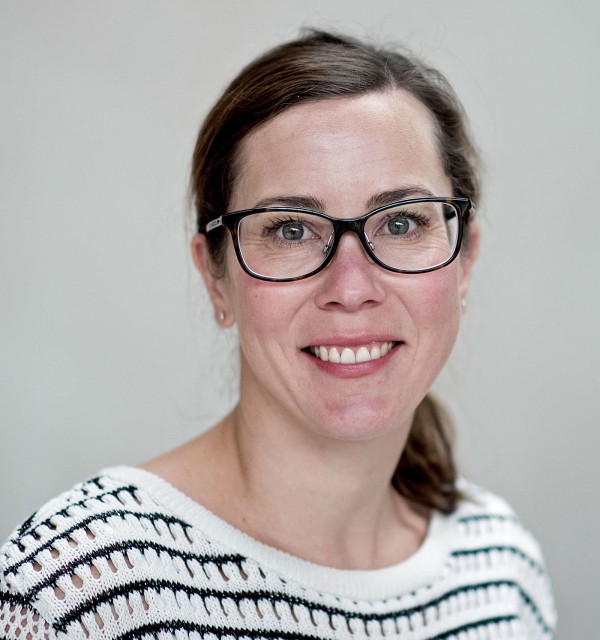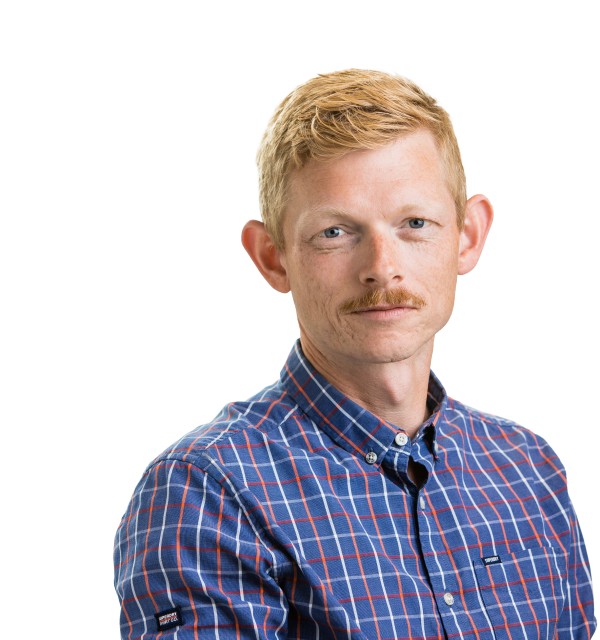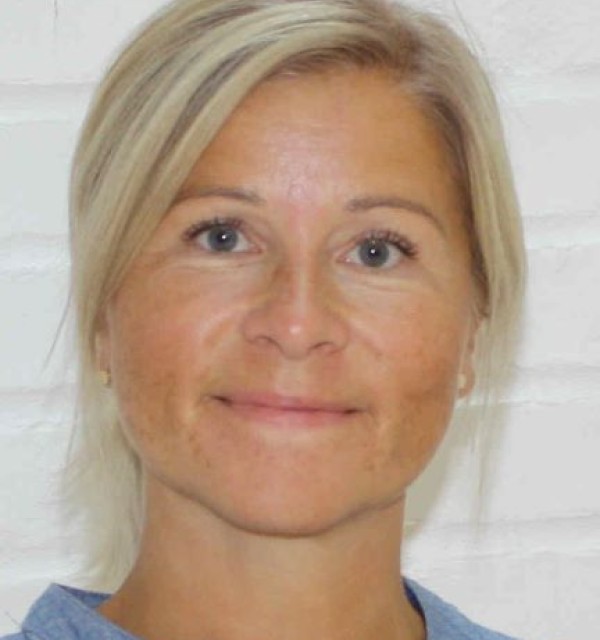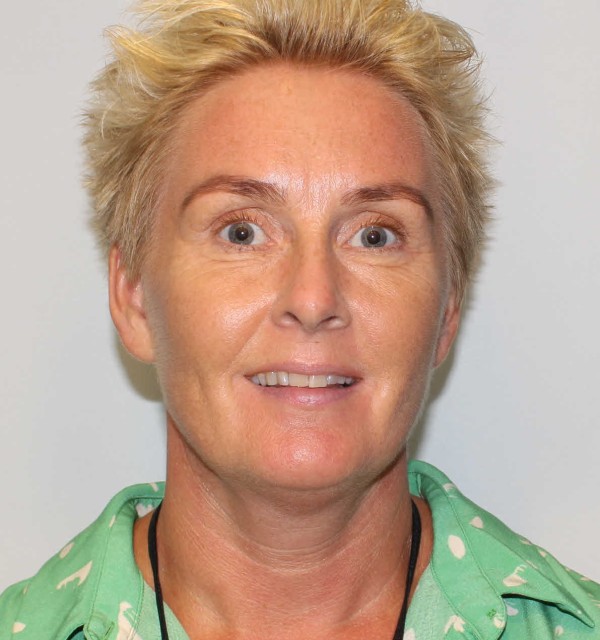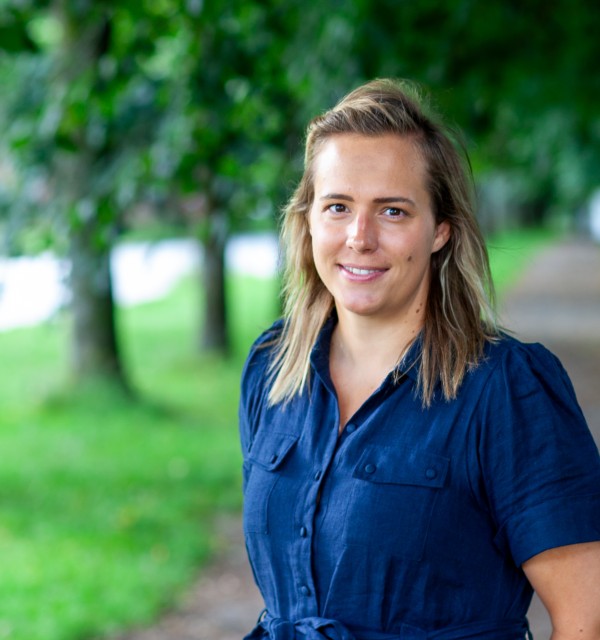Health-promoting perspectives are becoming increasingly important for people living with various health challenges. Development of knowledge and interventions are necessary to enable people to cope with everyday life and to promote health.
ProHealth
25
3
9
2022-2024
About one million people in Norway live with long-term health problems that constitute major challenges for the individual, the health services and for public health. More people must increasingly cope with such challenges on their own. There is a need for more research that sheds light on measures that contribute to coping with everyday life.
15 - 20% of children and young people between the ages of 3 and 18 have impaired function due to mental disorders such as anxiety, depression and behavioral problems. Health-promoting measures must be implemented at an early stage, and health clinics and schools are central arenas in which this can be detected. How health professionals can be better equipped to help children and adolescents who are struggling is central to our research.
There is an increasing proportion of immigrants and refugees in Norway. In addition to major health challenges, many of these have limited access to relevant health information. Immigrant women are also significantly over-represented when it comes to health challenges related to pregnancy and childbirth, diabetes, dietary changes and mental health. We do research on reproductive health among immigrant women with an emphasis on health communication.
We aim to develop knowledge about conditions that promote health, quality of life and coping among people living with health problems, and reduce the development of risk factors for disease. Our research also aims to test interventions that strengthen these aspects among people living with health challenges, in line with public health policy in Norway. Educational health services that can strengthen individuals' and families' competence to promote their own health and coping skills are also central to the research.
Research news
News
Research projects
Below is a brief presentation of research projects associated with the research group.
Nurse Assisted eHealth Service From Hospital to Home
The project eHealth@Hospital-2-Home aims to ameliorate burden of treatment among patients with non-communicable diseases.

Norway - with a small population of 5.3 million - has one of the world's highest rates of colorectal cancer, with over 4,000 new cases annually. Similarly, the incidence of heart failure is considerable with 20,000 hospitalizations per year. Both diseases are typical of chronic conditions and with significant re-admission rates 30 days after discharge from hospital.
Many patients with chronic illnesses may struggle to navigate the health care system and perform recommended self-care. Treatment burden is the extra work that patients with long-term illness do to live well with the disease. This "extra work" consists of monitoring health status, dealing with treatment plans delegated by the health care providers, and administering medical appointments. The dominant consequences of an excessive treatment burden are reduced health and well-being, inadequate follow-up of treatment plans and re-admissions.
The eHealth@Hospital-2-Home project will develop new knowledge about treatment burden and its effect on quality of life. The aim is to explore treatment burden in transitional phases and follow-up of illness and treatment. We will test an eHealth solution that can strengthen the health-promoting competence and coping skills of the chronically ill. At the heart of the project are new digital tools and forms of interaction for patients and healthcare professionals. The eHealth solution will be tested in treatment pathways at the critical stage following hospital discharge. Together with the health care service (hospitals, general practitioner), patient representatives will assist in the design of the digital service. The project will also try out forms of collaboration where nurses actively use digital aids to make work easier, treatment better and, above all, avoid unnecessary re-admissions.
We use a modified version of the framework of complex interventions proposed by the UK Medical Research Council. The project includes three phases and corresponding work packages; a) developing a nurse assisted eHealth service, b) assessing its feasibility and piloting the service and c) carrying out a RCT. The eHealth intervention will be tested by three assessment points (baseline, within 30 and 90 days) to evaluate effects of the service.
Our nurse assisted eHealth service is personalized and will optimize patient burden of treatment (BoT) and health-related quality of life (HRQoL), link to a digitalized BoT-software (My Dignio). It supports self-monitoring by letting the patients register their own health-related data, and allow for electronic communication with Nurse Navigator. Its content will aim to meet BoT challenges (e.g. symptom monitoring, nutrition advice, motivational and emotional support, health literacy needs) identified in two pilot studies, from current BoT literature and input by user advisory board. This e-Health service allows the patient to communicate BoT challenges, conduct measurements, respond to clinical questions, and receive self-management support. The project aligns with the priority list of Norwegian Health Authorities on factors that impede and promote integrated, coherent patient and user pathways between hospital and home for NCD patiens with HF and CRC, eliminate unjustified variation in post-hospital health service and avoid adverse and costly re-hospitalizations, and relates to the Regular General Practitioner Scheme when patients are outside hospital.
The project builds on the expertise within health promotion and long-term illness at University of Stavanger, Stavanger and St. Olavs University Hospitals, including international researchers from the Netherlands, Sweden, UK and USA. Users will be engaged in all steps of the project.
Funding: 12 millions from The Research Council of Norway
Duration: 2020 - 2022
Contact person: Anne Marie Lunde Husebø
Find more information and publications at The Research Council of Norway's project databank.
Trends in cardiovascular disease among immigrant groups in Norway
We aim to study trends in cardiovascular disease among different immigrant groups in Norway with emphasis on the importance of socio-economic status, medical treatment and comorbidity.
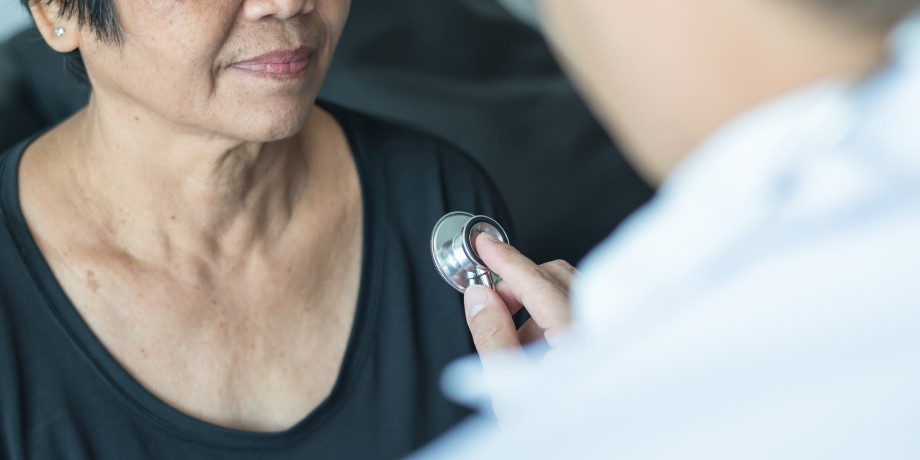
The incidence of acute myocardial infarction has declined in the Norwegian population recent years. The risk of cardiovascular disease (CVD) varies between immigrant groups in Norway, but the trends in CVD among immigrants in Norway have, so far, not been studied. Norwegian guidelines recommend clinicians to use a prediction model called NORRISK 2 to assess the risk of CVD in individuals, but it is unknown how well it predicts the risk among immigrants in Norway. The use of cardiovascular preventive medication (antihypertensive, anti-diabetic and lipid lowering drugs) among immigrants in Norway has not been described, and some studies indicate that the response to preventive cardiovascular medication (e.g. statins) might be different in people with Asian or African origin compared with people of European origin. Also, whether and to what extent the association between socioeconomic status (income and education) and CVD is similar in immigrants as in the majority population in Norway is currently unknown.
We aim to study the trends in CVD among different immigrant groups in Norway. We also want to test the validity of the risk scoring tool NORRISK 2 among immigrants in Norway. We want to describe the use of preventive medication (antihypertensive, anti-diabetic and lipid lowering drugs) among immigrants in Norway, and we want to study its effect on the development of CVD. Furthermore, we want to study the association between socioeconomic status (individual and area-based) and the risk of CVD among immigrants in Norway, and to study comorbidity (how many of those with CVD also have other chronic NCDs?). Finally, we want to study the incidence of CVD and the use of preventive medication (antihypertensive, anti-diabetics and lipid lowering drugs) among second-generation immigrants.
The research design is prospective cohort studies. Through a linkage between central health registers, national health surveys and demographic data in Statistics Norway, we will be able to study the complete Norwegian population over a period of 25 years. The data will be analysed using different statistical methods, such as Poisson regression for the study of trends and Cox regression for the study of associations.
Contact person: Kjersti Stormark Rabanal, UiS/SUS
Duration: 2020 - 2023
Financed by: Helse Vest
Cooperation: Researchers at the Norwegian Institute of Public Health, the University of Bergen, Helse Stavanger HF and the University of Auckland (New Zealand).
Equality in primary health care services to immigrants
This project investigates whether equal health services are offered to all inhabitants of municipalities in Norway.

The Norwegian public service sector is challenged by new user groups, with a variety of cultural and linguistic backgrounds. The last years, municipalities have had increased settlement of work migrants and refugees. It is of utmost importance that municipal health services are capable of meeting and providing health care to a notably diverse user group. National authorities are however concerned about gender and social inequalities regarding health issues, questioning if all groups have equitable access to health services.
The aim of the project are twofold, to explore 1) how health professionals adapt the services to the immigrant’s needs and 2) how the services is experiences and perceived by the immigrants.
Three studies are in the process; a scoping review of adolescents experiences and perceptions of mental health services in the community; a qualitative study of how public health nurses adapt the mother-child health services to immigrants mothers the first year of the child, and a qualitative study of how how to enhance the health dialogue between health professionals the women in order to empower the immigrant women in their decisions regarding maternal health and health of their child. Further studies will be developed based on finding from the studies in process, new proposal for studies and research question aiming at enhancing quality of primary health care services to immigrants are welcomed.
Contact person: Marit Alstveit, UiS
Duration: 2019 - ongoing
Collaboration partners: Associate professor Vanessa Heaslip (Bournemouth University, UK) Domnine Lecoq (Transcultural centre, Stavanger University Hospital), Public health nurse Annette Owusu Bringaker (St. Johannes Learning centre, Stavanger municipality), Professor Terese Bondas (UiS) og Associate professor Kjersti S. Rabanal (UiS)
Quality of life in patients with atrial fibrillation
Ingvild Morken investigates quality of life in patients with atrial fibrillation, and clinical and psychological markers for prediction of atrial fibrillation recurrence after electric cardioversion.

Patients with atrial fibrillations (AF) experience a variety of symptoms which can impair quality of life and cause depression and anxiety. Converting atrial fibrillation to a normal rhythm with electrical shocks (ECV) is known to be effective in restoring sinus rhythm and is associated with improvements in symptoms and quality of life.
However, approximately 50% of patients experience AF recurrence after ECV. More research is needed to investigate clinical predictors of AF recurrence. Little is known about psychological factors relationship to AF recurrence. In addition, long-term effects of treatment and AF recurrence on quality of life are scarcely studied.
Aim:
1) to investigate clinical and psychological predictors of AF recurrence after ECV, and
2) to investigate quality of life among patients with atrial fibrillation undergoing ECV.
A longitudinal, prospective observational study with an educational telephone follow up in a single-centre cohort. Patient-reported outcome measures are assessed the week before ECV (baseline), and after three and 12 months. Clinical variables will be obtained from the patient medical records. A total of 300 patients are planned to be included into the study with a follow-up period of 12 months. Enrollment started March 2017 and the study is to be completed by June 2020.
The results will be used to inform the design of a better follow up care for patients with AF aiming towards increasing their QoL and reduce the frequencies of AF recurrence and associated complications after ECV.
Project leader: Ingvild Morken
Project cooperation: The research is performed by project-leader Ingvild Morken, PhD in close cooperation with cardiologists from Stavanger University Hospital (SUS): professor Jan Erik Nordrehaug, Tor Melberg, PhD, Trygve Brügger-Andersen, PhD and Volker Pönitz, PhD. From University of Stavanger (UoS) the team involves professor Edvin Bru, professor Bjørg Karlsen and Anne Marie Lunde Husebø, PhD.
Funding: The project receives grants from SUS and UiS for practical support and educational telephone follow up.
Coordination in health services for people with serious mental illness
In her project, Jorunn Skjærpe will investigate how mental and medical specialists and municipality health services are coordinated and assess opportunities for innovation.

People with serious mental illness have a high incidence of medical diseases and a life expectancy that is 10-30 years shorter than the general population. Coordination of mental and medical health services is essential for providing high-quality care and integrated services. Poorly-coordinated services are a crucial challenge in national and international health care. Innovation across specialist and municipality health services may be essential to improve the coordination of services.
The project aims to investigate how mental and medical specialists and municipality health services are coordinated, assess opportunities for innovation in service coordination, and conduct innovation seminars for service users and service providers for improvements in coordination of services.
Data will be collected using qualitative interviews with service providers and service users and by taking field notes from innovation seminars.
Ph.D fellow: Jorunn Skjærpe
Duration: 2020 - 2023
Supervisor and project leader: Marianne Storm
The PhD-project is connected to the University of Stavanger smart city research network
Impact of surgical resection for colorectal cancer
Kristina Sundt Eriksen will investigate the impact of surgical resection for colorectal cancer on daily life, coping abilities and mortality for elderly patients ≥80 years.

Colorectal cancer is one of the most frequent malignant diseases, and involves a large number of elderly patients ≥80 years. In this patient group, an increased mortality has been described during the first year after curative surgery as compared to younger patients.
The overall aim of this study is to investigate patients ≥80 years during their first year after curative surgery for colorectal cancer with regard to factors that influence recovery, ability to cope with daily life, and survival.
The phd- project is based on an exploratory sequential mixed method design. The study comprises three studies where study one has a qualitative approach using in-depth interviews and study two and three has a quantitative longitudinal approach. Findings from study one has informed study two and three with regards to questionnaires implemented in these studies. Patients will be recruited from the department of gastrointestinal surgery at a Norwegian hospital, but collaboration with several hospitals is desirable.
Ph.D-fellow: Kristina Sundt Eriksen (Stavanger University Hospital)
Duration: 2017 - 2021
Financed by: Stavanger University Hospital
Supervisors: Kirsten Lode (SUS), Sissel Eikeland Husebø (UiS/SUS) and Hartwig Kørner (SUS)
Family-centred and Individually Adapted Postpartum Health Care
The aim of Bente Kristin Høgmo's ph.d-project is to develop a model for postpartum care in the municipal health service

In these days, the Norwegian postpartum healthcare services for the family are changing. After birth, the hospital stay is short. Research indicates that close follow-up after returning home by the healthcare services, is important for the health of parents and child. However, few studies describe both parents’ expectations of the postpartum health care and their experiences of the services.
The aim of the project is to develop a model for postpartum care in the municipal health service, based on parents experiences and expectations, and findings from previous studies of postpartum- healthcare, both from parents' and healthcare professionals’ perspectives.
The research project is twofold with a phenomenological and a synthesizing research design. The first part has a phenomenological Reflective Lifeworld Research approach, where data are to be collected with in-depth interviews of new parents. The second part is a metasynthesis of postpartum care seen from the perspectives of parents and healthcare professionals. Finally, a synthesis will follow.
PhD fellow: Bente Kristin Høgmo
Financed by: University of Stavanger
Duration: 2018 - 2022
Supervisors: Marit Alstveit (UiS) and Terese E. Bondas (UiS)
Fighting antibiotic resistance and improving quality of nursing care
The project aims to survey nurses in clinical practice’ attitude and self-efficacy when caring for patients with multidrug resistant bacteria.

Antibiotic resistance is a rapidly growing challenge worldwide, and pose a serious threat to global health. Nurses are important contributors to preventing the development and spread of resistant bacteria and it is crucial that nurses are able to transfer their knowledge and skills in the area of infection prevention and antibiotic stewardship into practice.
The project aims to survey nurses in clinical practice’ attitude and self-efficacy when caring for patients with multidrug resistant bacteria, as well as to test the effect of an educational intervention on nurses' attitudes and self-efficacy.
This is a mixed methods pre-post intervention study. Participants will be nurses in clinical practice at surgical wards at one Norwegian university hospital.
PhD student: Marte Tangeraas Hansen (Stavanger University Hospital)
Duration: 2019 - 2026
Financed by: Stavanger University Hospital.
Supervisiors: Anne Marie Husebø Lunde (UiS), Marianne Storm, (UiS) and Heidi Syre (Stavanger University Hospital)
Understanding Burden of Treatment among Patients with Chronic Heart Failure
Oda Karin Nordfonn aims to explore how patients with Chronic Heart Failure experience different aspects of burden of treatment.

Burden of Treatment (BoT) is defined as the burden associated with treatment and management of chronic heart failure (HF), a syndrome which poses a great workload on the patients’ adherence to treatment regimens. Being a emergent approach, aspects of BoT have been explored and described. However, there is a knowledge gap in understanding its emotional and relational aspects. Also, little is known about how HF patients experience BoT, and how this affects HF patients after discharge from hospital to home.
The primary aim in this PhD-project is to explore how patients experience different aspects of BoT, living with a chronic HF post hospital discharge, and to adapt an instrument to measure BoT in HF. By creating new knowledge on BoT among HF patients, this project aims to identify important areas necessary to address in order to improve the patient’s QoL and reduce burdensome hospitalization.
The proposed PhD study is a 2-stage research project with a combination of qualitative and quantitative approaches in the research strategy. The first phase is to conduct qualitative semi-structured interviews with HF-patients whom attend a nurse led outpatient clinic. Second phase is a cross sectional survey.
Oda Karin Nordfonn defended her doctoral dissertation in health and medicine at UiS December 12, 2020.
Ph.D fellow: Oda Karin Nordfonn
Duration: 2016 – 2020
Supervision: Anne Marie Lunde Husebø (UiS), Ingvild Morken (SUS), Edvin Bru (UiS).
Cooperation: Stavanger University Hospital.
Health literacy in patients with chronic kidney disease
In this project, Une Stømer has explored the ability and motivation to gain access to, understand, and use health information among patients with chronic kidney disease.

Health literacy (HL) concerns an individual’s ability and motivation to gain access to, understand, and use health information. Patients suffering from chronic kidney disease (CKD) are at risk of developing severe, life- threatening complications, and experiencing progression of the disease towards end-stage renal disease (ESRD) with the need for renal replacement therapy (RRT).
Day-to-day decisions about how to self- manage their disease may affect patients’ risk of complications and the progression of CKD. Adequate HL is seen as a prerequisite for sound health behaviour and desired health outcomes; however, earlier research has mostly assessed HL with one-dimensional assessment tools, evaluating individuals’ health-related reading- or numeracy skills.
Over the years, the concept of HL has evolved to become a broader concept including more dimensions such as social support, interactive dimensions, and the accessibility of healthcare services. Consequently, there is a knowledge gap that needs to be filled.
The overall aim of this study is to investigate HL in CKD patients in a wider perspective using both quantitative and qualitative methods. Together this will add new knowledge to the concept of HL and contribute in developing strategies for increased self-care.
The study consist of 3 parts. Part one and two have a quantitative design utilizing patient reported outcome measures (PROMs) and clinical outcomes from the medical records, while part three has a qualitative design utilizing qualitative interviews.
The study is a project involving both the University of Stavanger (UIS) and Stavanger University Hospital (SUS). In addition the project is connected to the Health literacy research group located at the University of Oslo (UIO).
Une Stømer defended her doctoral dissertation in health and medicine at UiS June 19, 2020.
Ph.d-fellow: Une Elisabeth Stømer
Project period. 2016 - 2020
Supervisor: Kristin Hjorthaug Urstad
Thesis: Health literacy in patients with Chronic kidney disease



